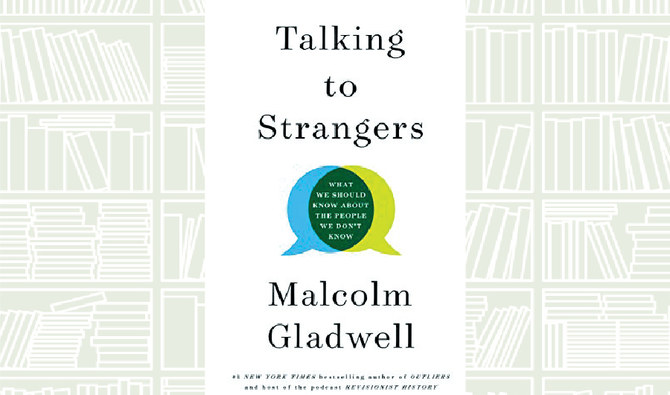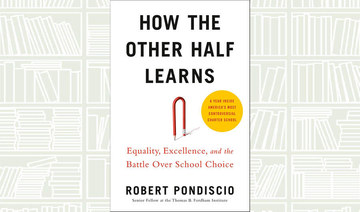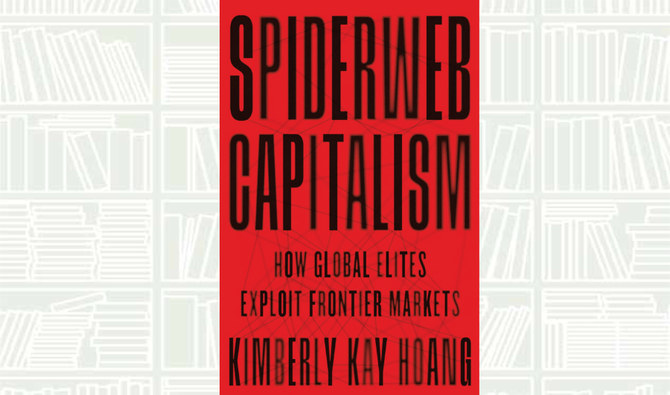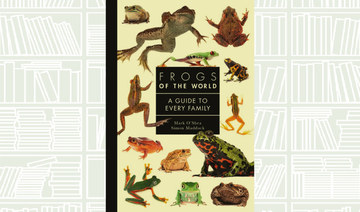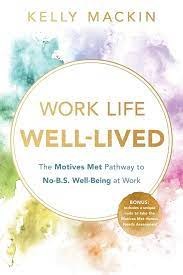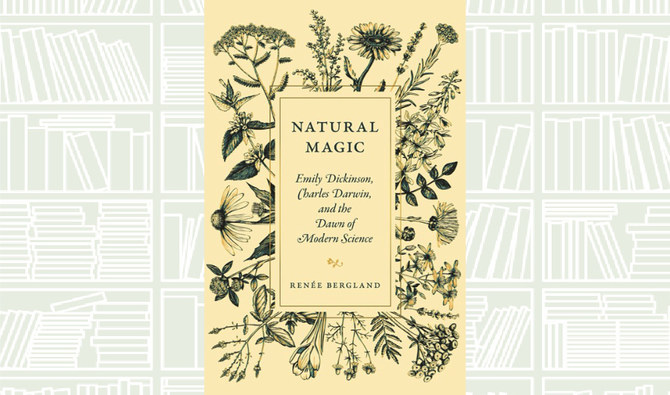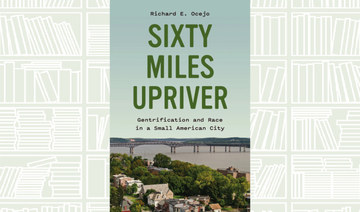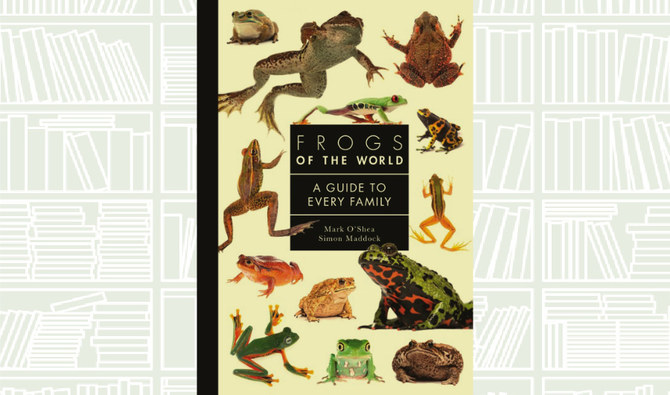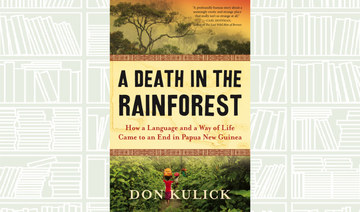In Talking to Strangers, Malcolm Gladwell investigates what goes wrong when we interact with people we don’t know, using dramatic scenarios ripped from the headlines, history, psychology, and criminology.
“No one shows us who we are like Gladwell. Here he sets out to understand why we act the way we do, and how we all might know a little more about those we don’t,” said a review in goodreads.com.
Gladwell is the author of five New York Times bestsellers: The Tipping Point, Blink, Outliers, What the Dog Saw, and David and Goliath.
The new book likely to be his most controversial yet, both in terms of his chosen subject matter and the examples he uses to illustrate his points.
“Summarizing the lessons to be learned from the diverse tales in his book, Gladwell’s main conclusions are that it would be disastrous if we stopped trusting people, that we should ‘accept the limits of our ability to decipher strangers,’ and that it behooves us to be thoughtful, humble and mindful of context when trying to understand people’s actions,” Anthony Gottlieb said in a review for The New York Times.



